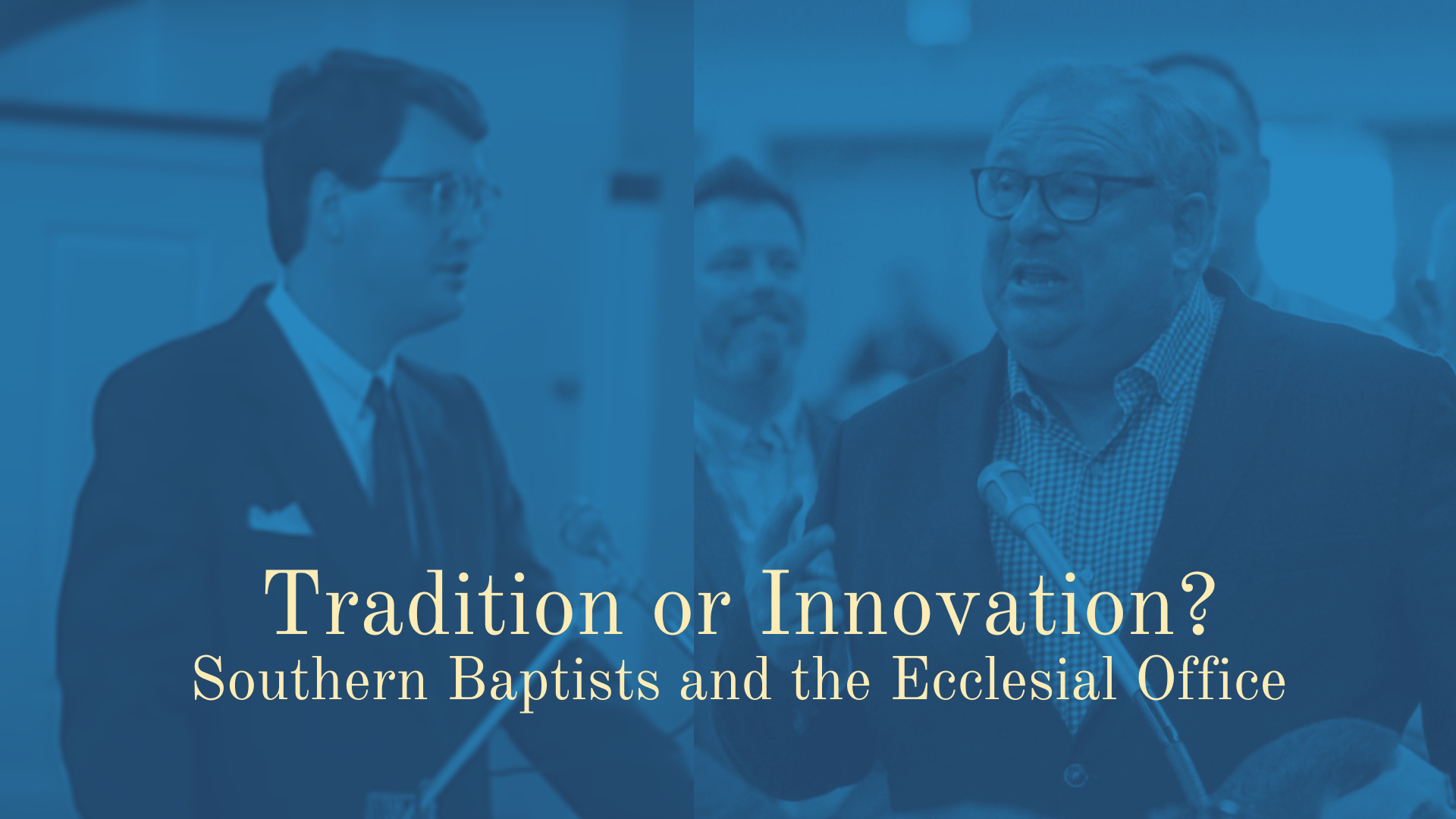
Tradition or Innovation?: Southern Baptists and the Ecclesial Office
July 1858, like so many summer months before, forced the townspeople of Greenville, South Carolina to head indoors during the hottest hours of the day.

July 1858, like so many summer months before, forced the townspeople of Greenville, South Carolina to head indoors during the hottest hours of the day.
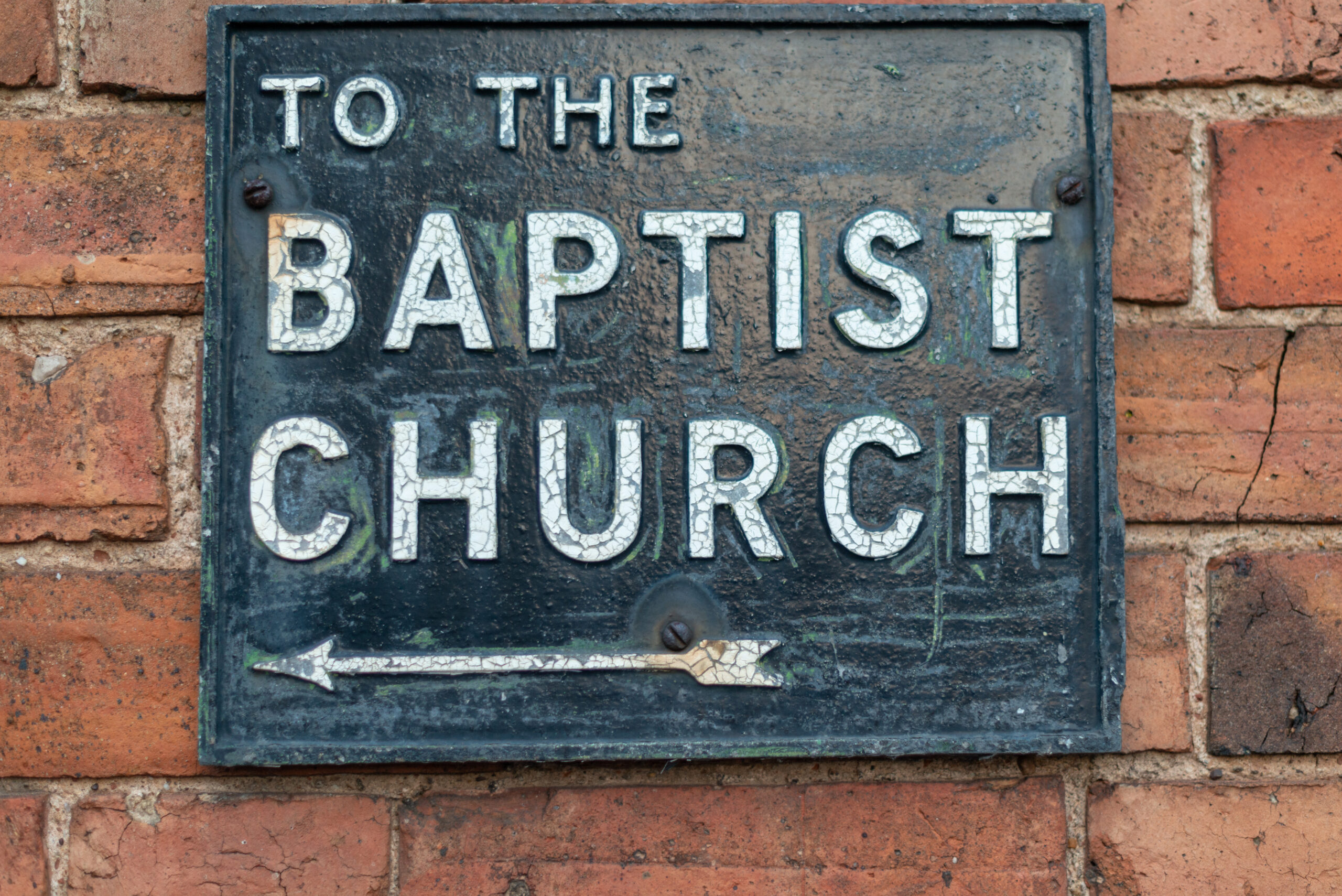
Henry Jessey (1601-1663) is one of the those “larger-than-life” figures from the Puritan era that J.I. Packer properly referred to as “God’s Giants.”[1] Born in
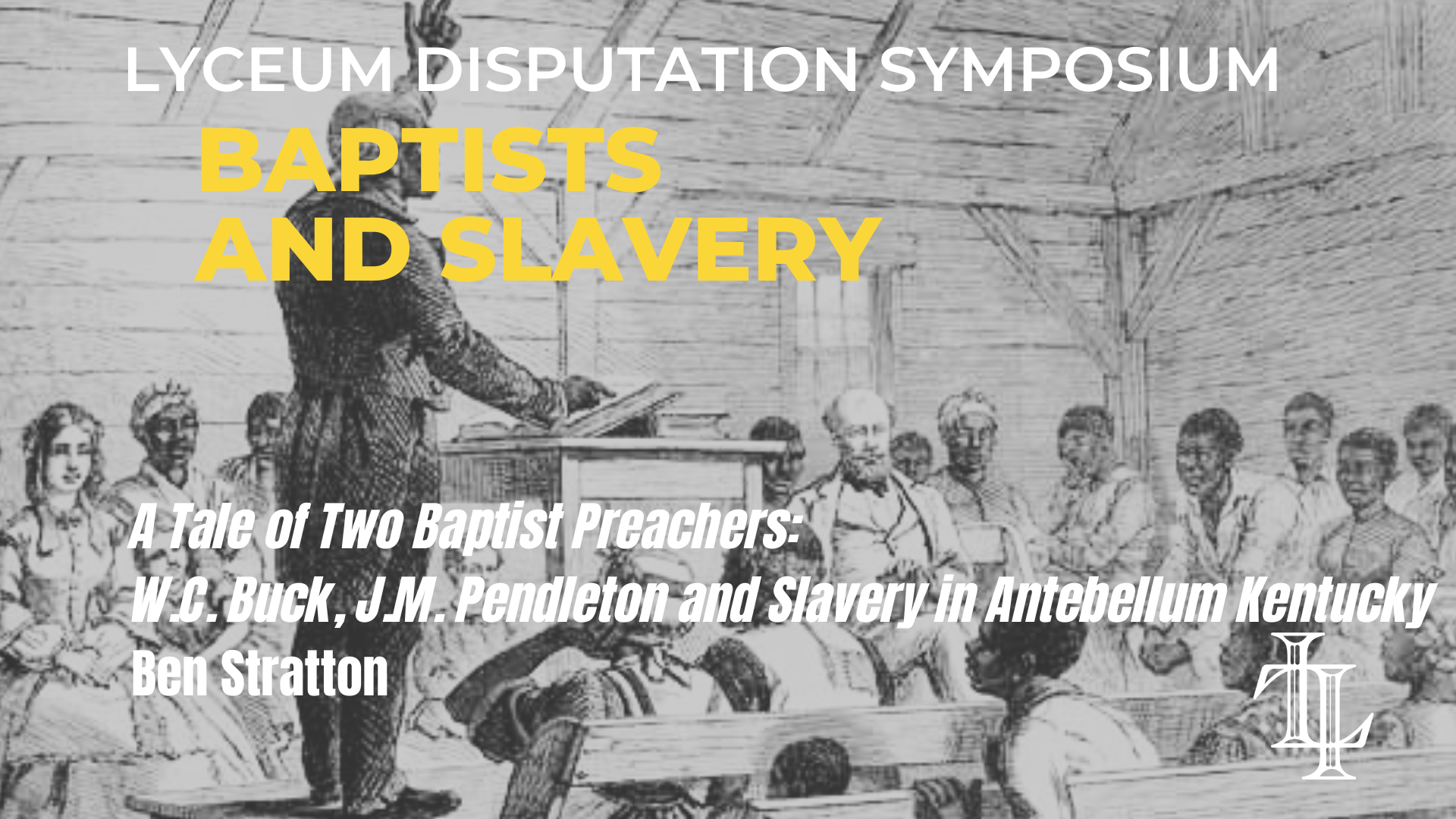
Editor’s Note: This is part 4 of our Lyceum Disputation series considering how Baptists responded to American slavery. As with all our work, the London Lyceum publishes a range
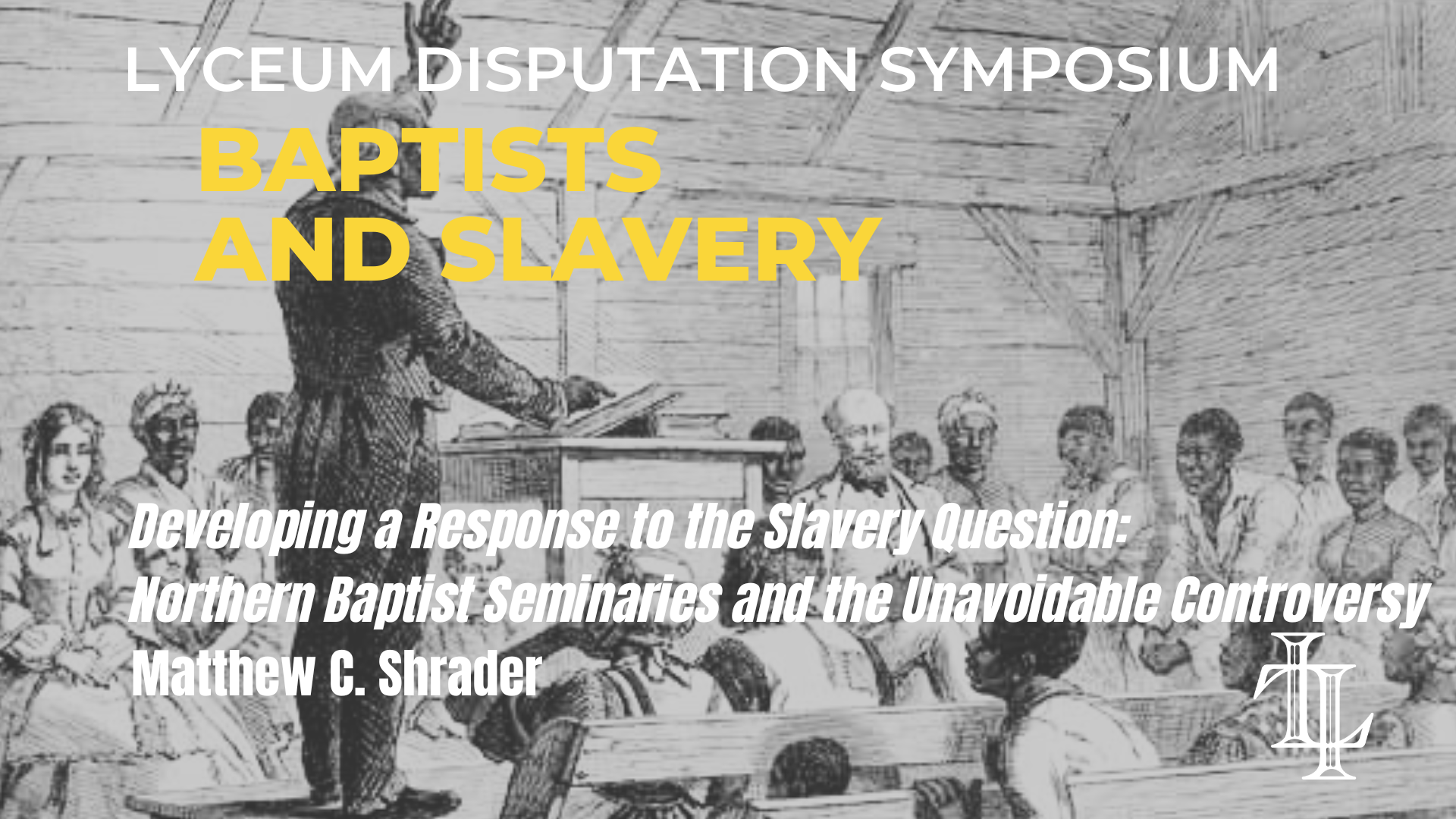
Editor’s Note: This is part 3 of our Lyceum Disputation series considering how Baptists responded to American slavery. As with all our work, the London Lyceum publishes a range
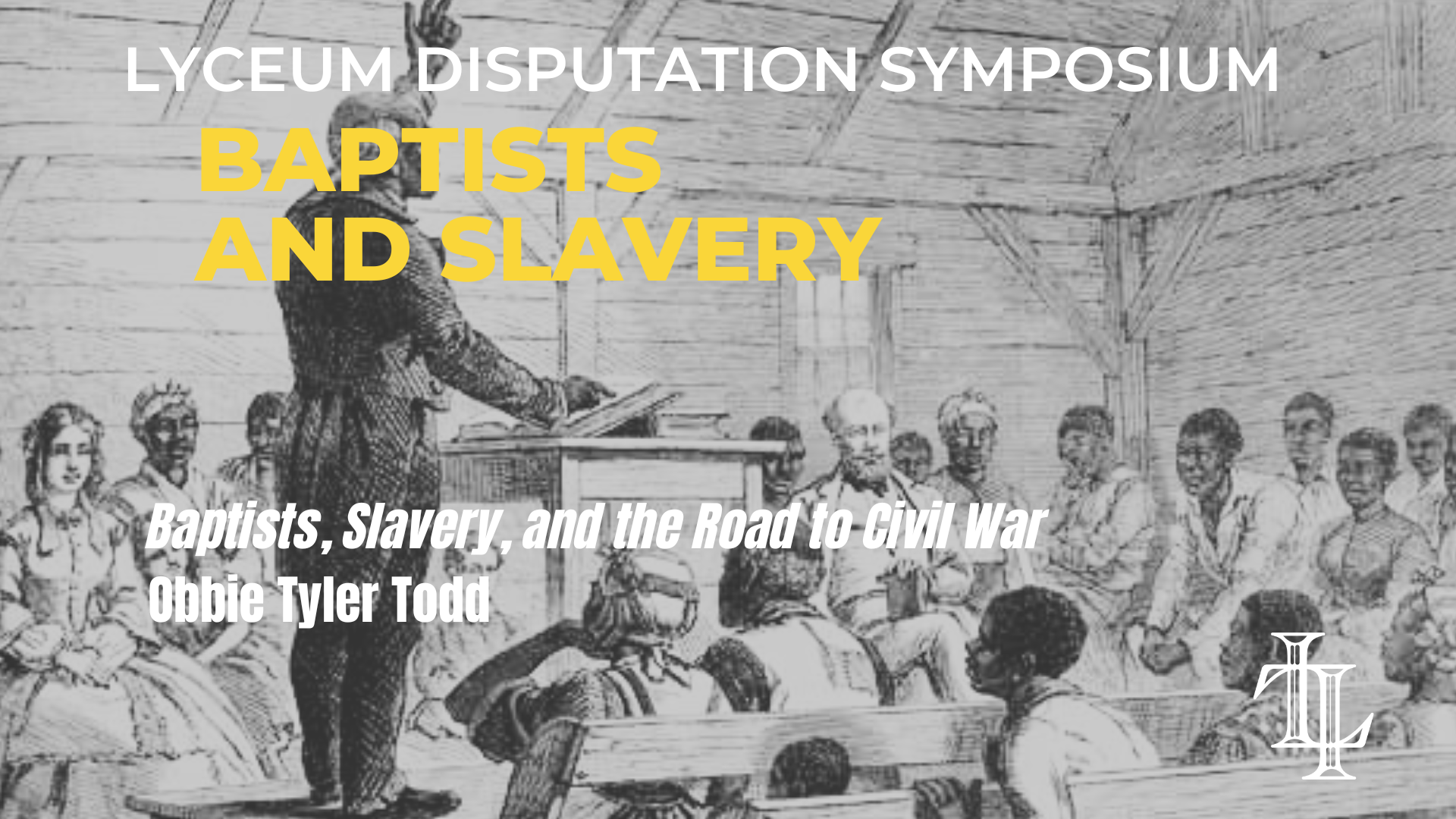
Editor’s Note: This is part 2 of our Lyceum Disputation series considering how Baptists responded to American slavery. As with all our work, the London Lyceum publishes a range
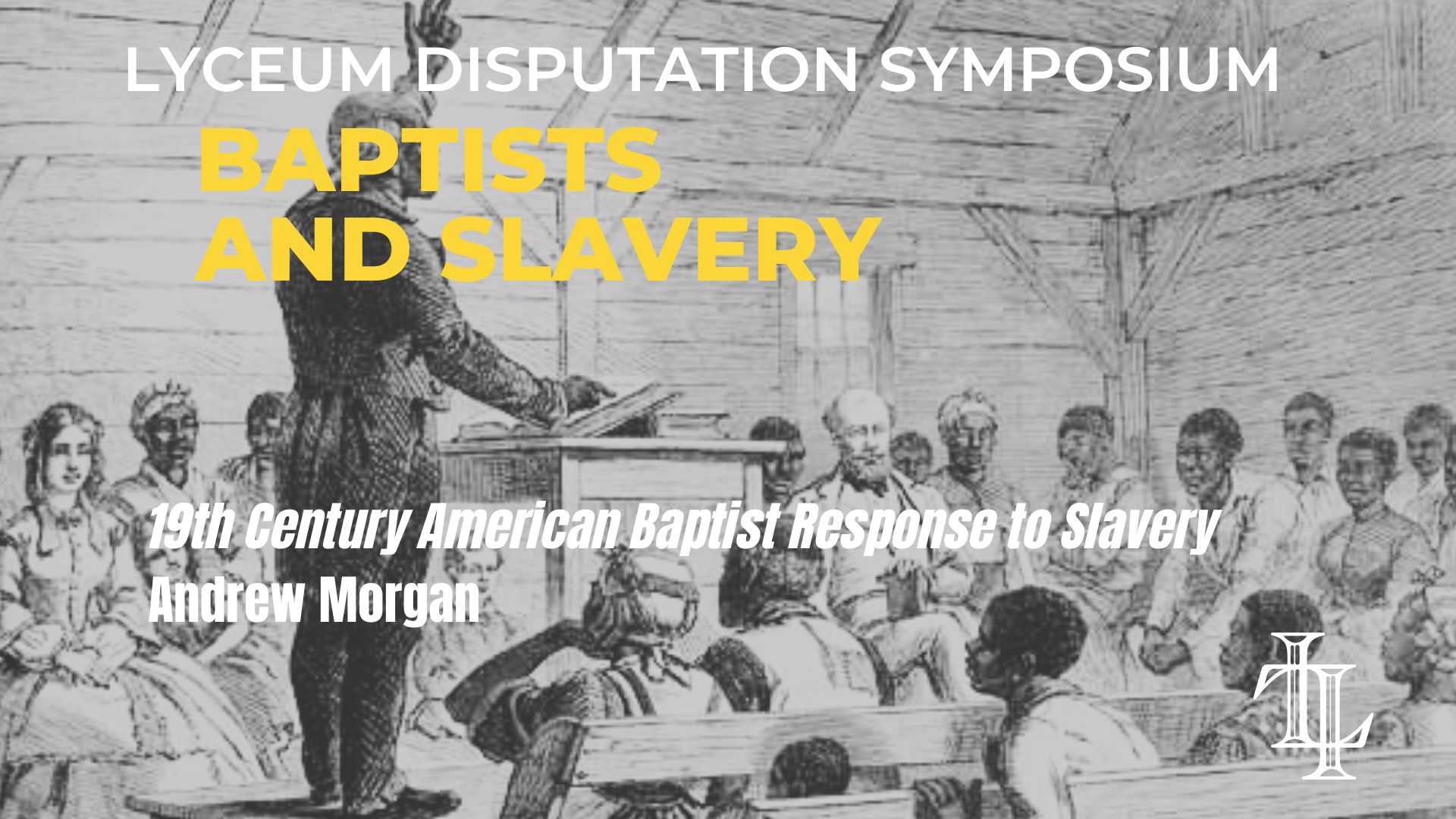
Editor’s Note: This is part 1 of our Lyceum Disputation series considering how Baptists responded to American slavery. As with all our work, the London Lyceum publishes a range
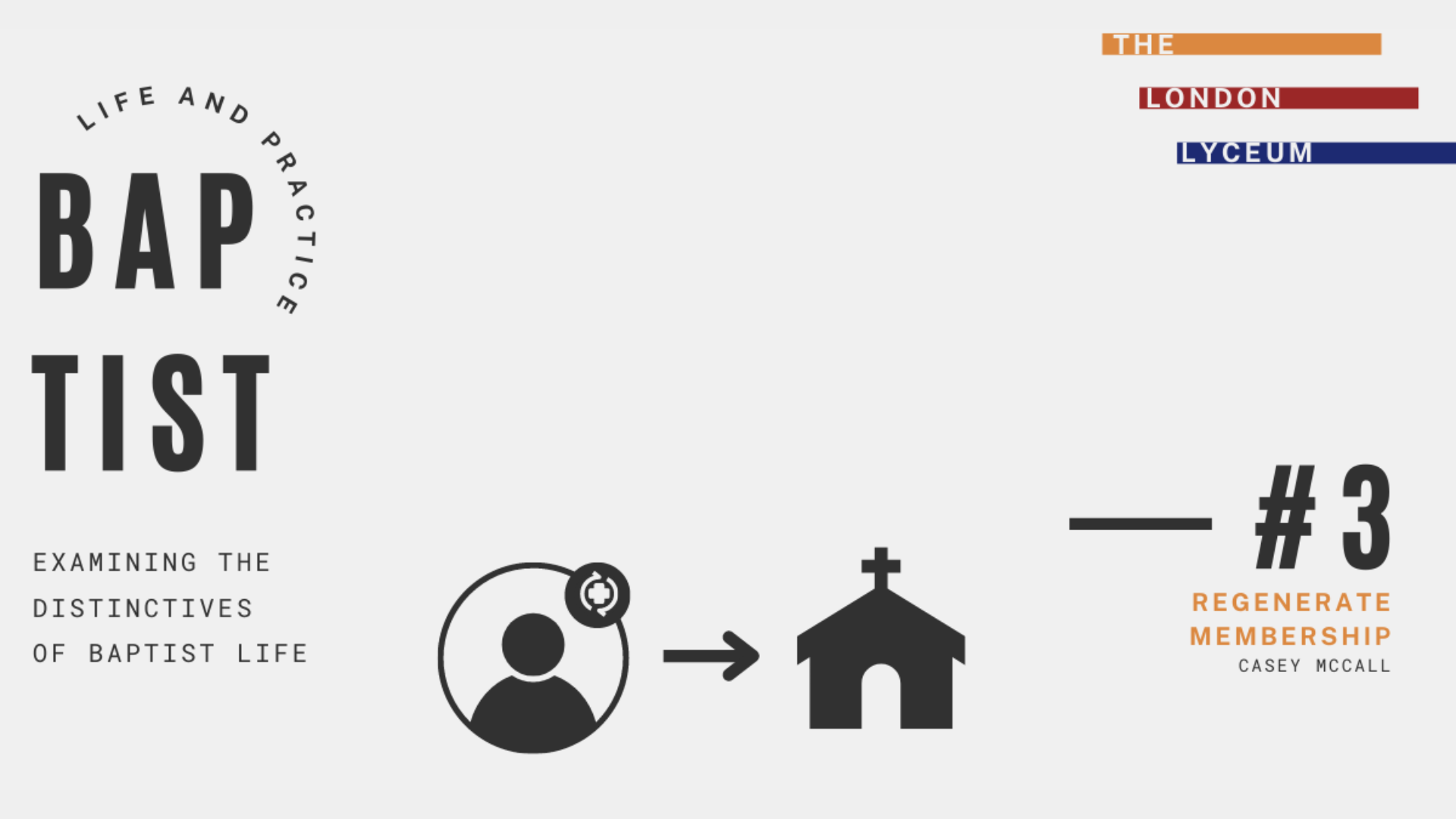
Editor’s Note: This is part 3 in our Lyceum Disputation series considering Baptist identity. Stay tuned for further installments. As with all our work, the London Lyceum publishes
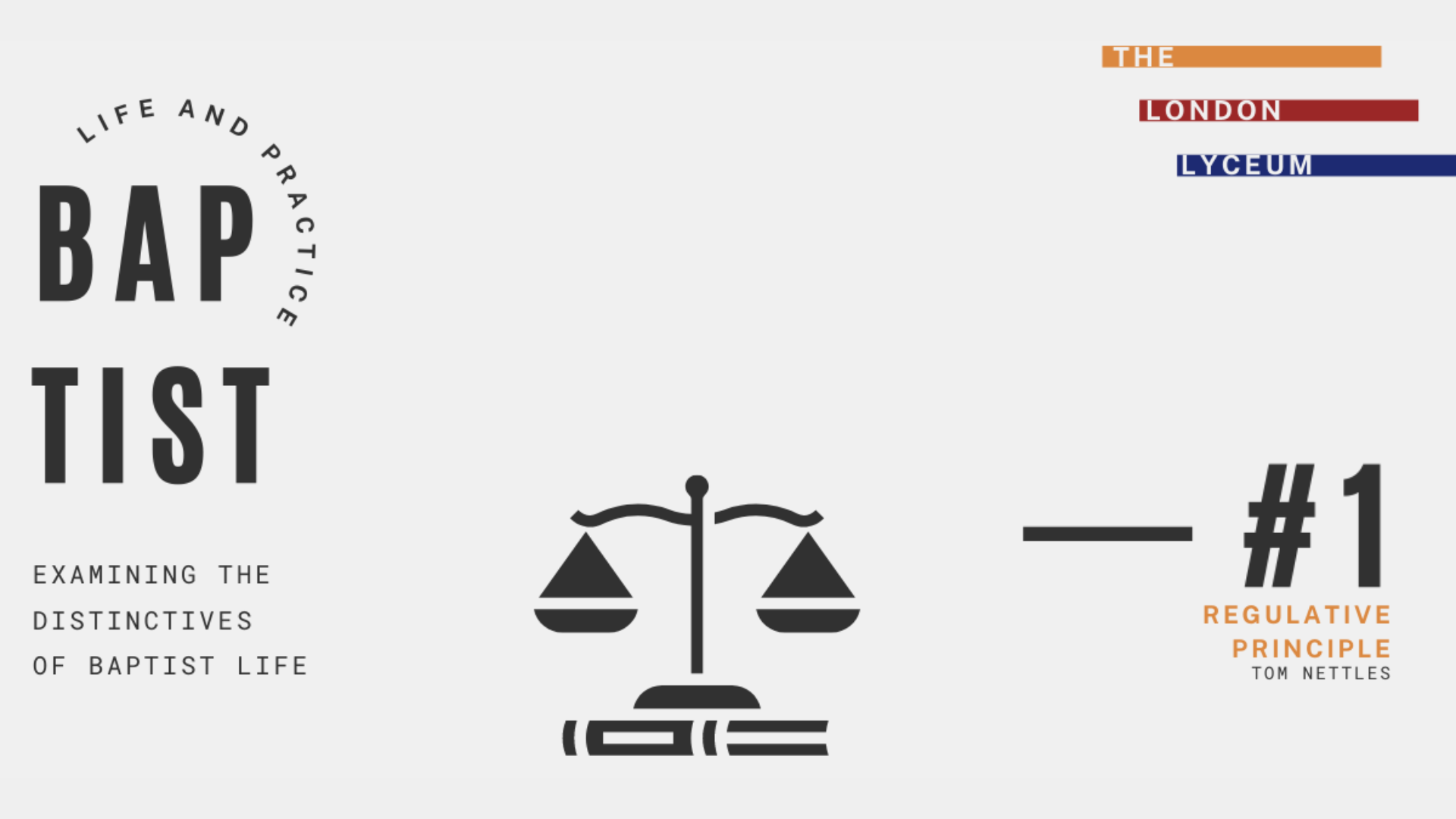
Editor’s Note: This is part 1 in our Lyceum Disputation series considering Baptist identity. Stay tuned for further installments. As with all our work, the London Lyceum publishes
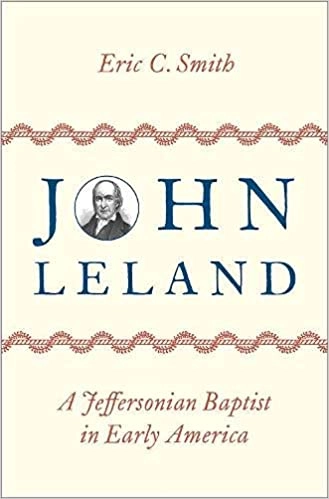
Smith, Eric C. John Leland: A Jeffersonian Baptist in Early America. New York: Oxford University Press, 2022. 268 pp. Hardcover. ISBN 9780197606674. Eric Smith earned
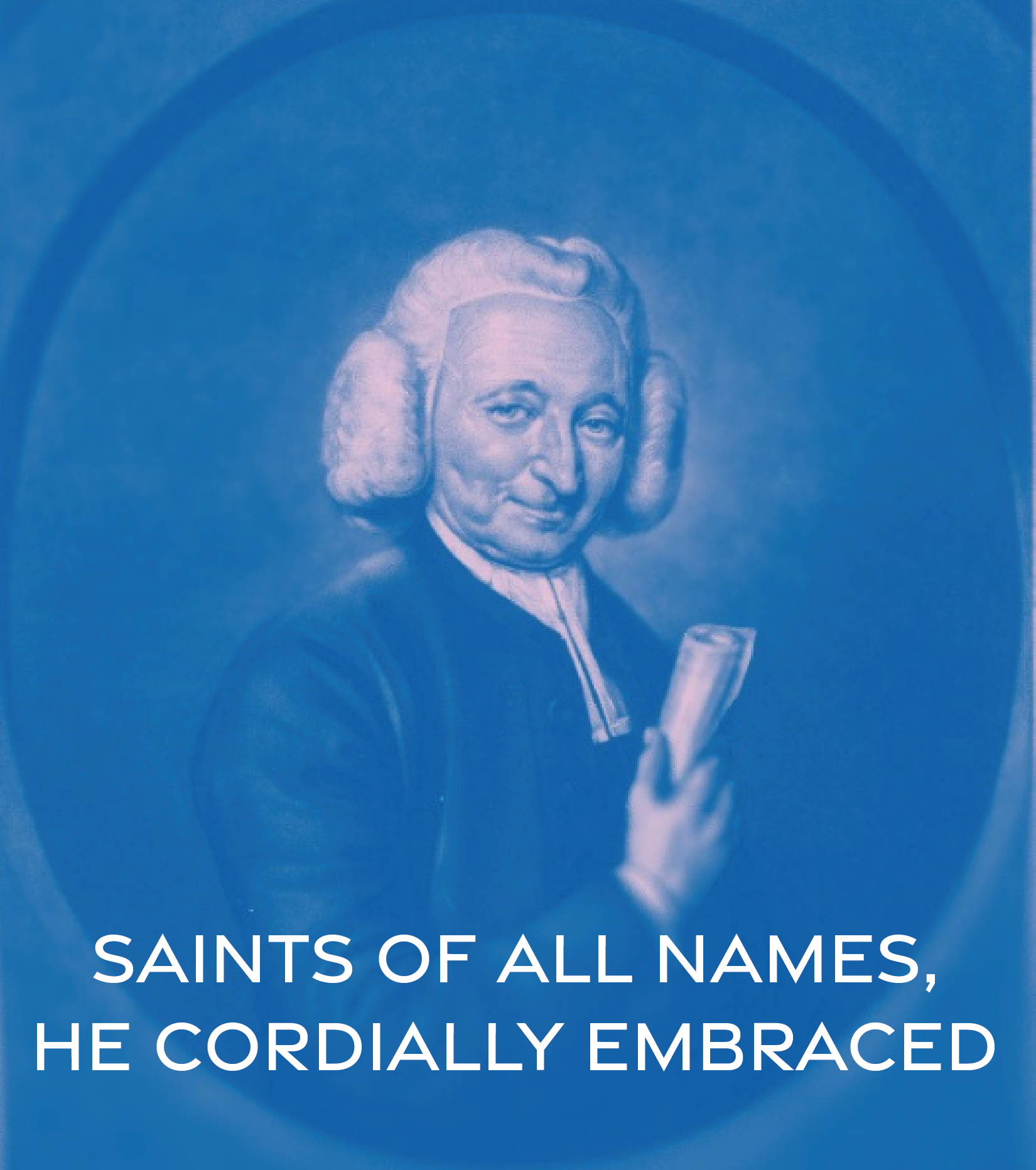
By the end of the eighteenth century, Particular Baptists in England were experiencing spiritual renewal after a period of decline. The reasons for this decline